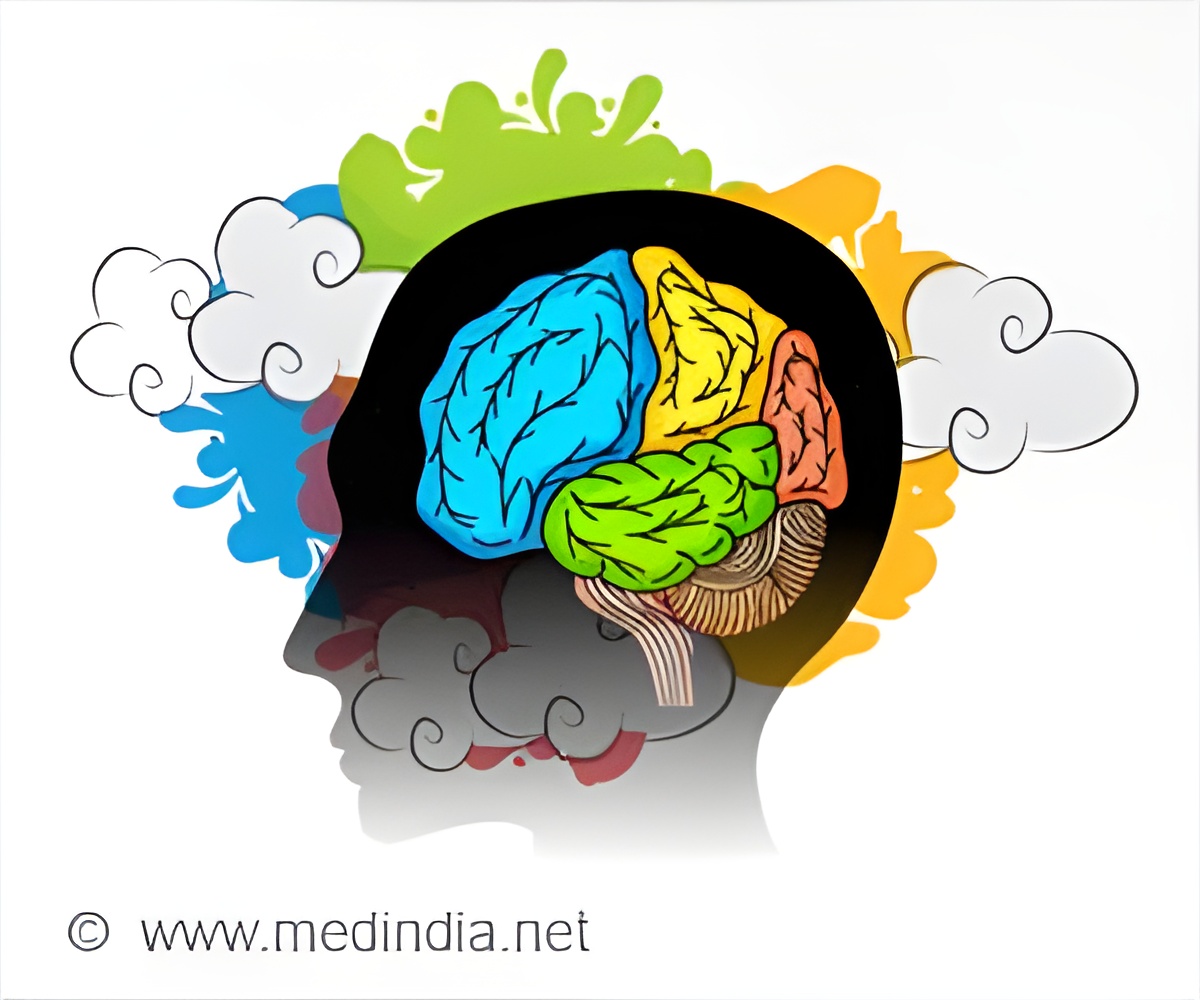One-third of first-year university students in eight industrialized countries around the globe report symptoms consistent with a diagnosable mental health disorder.

‘One-third of students from multiple countries screened positive for at least one of six mental health disorders represents a key global mental health issue. ’





Auerbach and his co-authors analyzed data from the World Health Organization's World Mental Health International College Student Initiative, in which almost 14,000 students from 19 colleges in eight countries (Australia, Belgium, Germany, Mexico, Northern Ireland, South Africa, Spain and the United States) responded to questionnaires to evaluate common mental disorders, including major depression, generalized anxiety disorder and panic disorder. The researchers found that 35 percent of the respondents reported symptoms consistent with at least one mental health disorder as defined by the Diagnostic and Statistical Manual of Mental Disorders, 4th Edition. Major depressive disorder was the most common, followed by generalized anxiety disorder. The findings were published in the Journal of Abnormal Psychology.
Previous research suggests that only 15-20 percent of students will seek services at their respective counseling center, which may already be overtaxed, according to Auerbach. If students need help outside of their school counseling center or local psychologists, Auerbach suggested that they seek Internet resources, such as online cognitive behavioral therapy.
"University systems are currently working at capacity and counseling centers tend to be cyclical, with students ramping up service use toward the middle of the semester, which often creates a bottleneck," said Auerbach. "Internet-based clinical tools may be helpful in providing treatment to students who are less inclined to pursue services on campus or are waiting to be seen."
Future research needs focus on identifying which interventions work best for specific disorders, said Auerbach. For example, certain types of depression or anxiety may be best treated with certain types of Internet interventions, whereas other disorders, such as substance use, may require treatment in person by a psychologist or other mental health professional.
Advertisement
Source-Eurekalert















